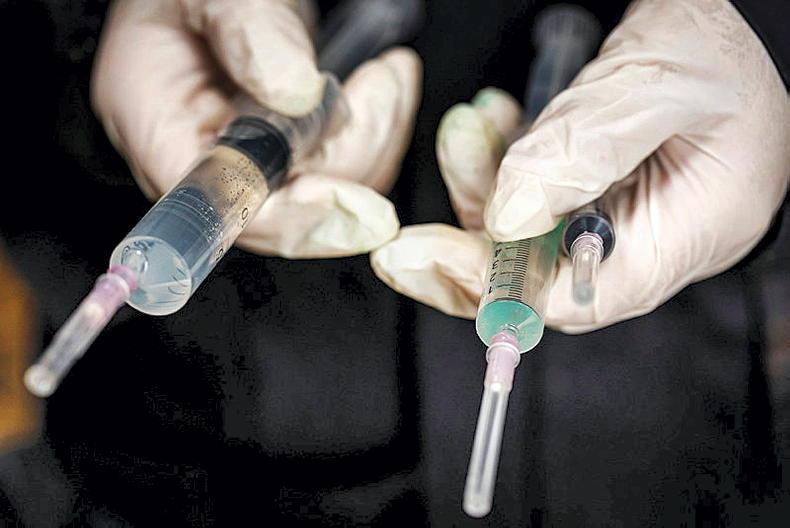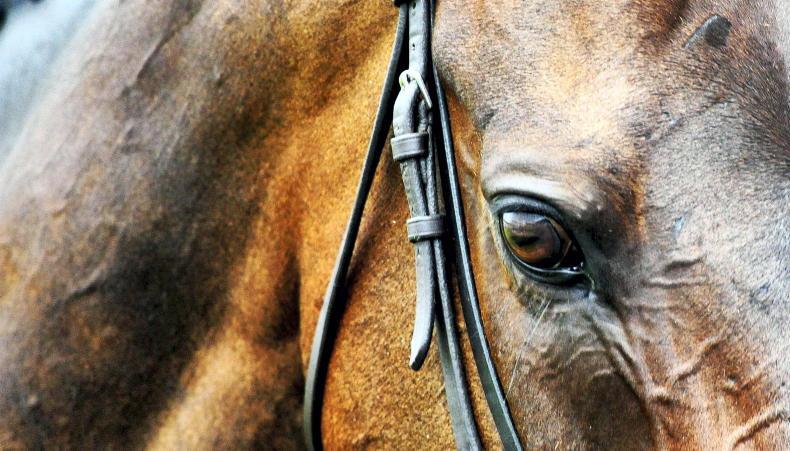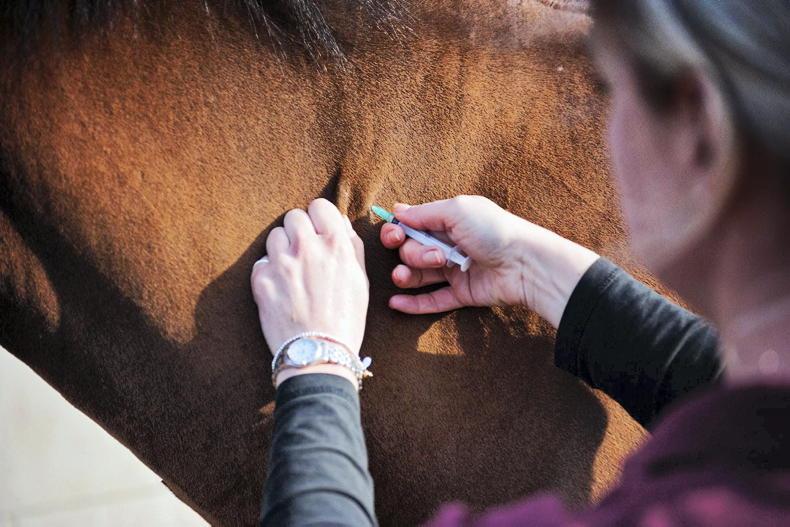SINCE February 3rd, all FEI-registered horses must have their equine influenza vaccinations recorded digitally on the FEI HorseApp at the time of vaccination. This significant update to the FEI’s vaccination regulations places fresh responsibility on veterinarians, horse owners and support teams, ensuring a more efficient, traceable and transparent process for equine health compliance.
For many years, equine influenza vaccination records have been managed through traditional passport entries and handwritten documentation, requiring owners and officials to manually verify compliance.
However, with the increasing digitisation of equestrian sport administration, the FEI has now made it mandatory for all influenza vaccinations to be logged directly into the FEI HorseApp by the attending veterinarian at the time of vaccination.
This move is designed to enhance biosecurity, reduce administrative errors and streamline the verification process at FEI competitions worldwide. It also provides greater assurance that all horses are meeting the FEI’s stringent vaccination requirements, reducing the risk of outbreaks that could disrupt international equestrian events.
Unable to compete
Under the new rule, responsibility does not rest solely on the vet. Owners must now inform their veterinarian before their appointment if their horse is FEI-registered. Failure to do so could result in vaccinations being incorrectly recorded or, in the worst-case scenario, a horse being unable to compete due to non-compliance with FEI regulations.
Vets, meanwhile, must ensure that they have access to the FEI HorseApp and are familiar with the process of uploading vaccination details (they must do a 10-minute official tutorial). This must be done at the time of vaccination - there is no option to retrospectively add the information later. This means that clinics and individual practitioners must be prepared, ensuring they have the necessary technology and login credentials to complete the process in real-time.
Difficult position
As with any transition to a new system, challenges are inevitable. Some veterinarians may not yet be accustomed to using the FEI HorseApp, and technical issues – such as poor internet connectivity in remote areas – could cause problems with real-time uploads.
Horse owners who fail to notify their vets in advance may find themselves in a difficult position, if their horse’s vaccination is not correctly recorded at the time of administration.
Additionally, in busy equine veterinary practices, time is always at a premium. The requirement to log vaccinations immediately could place extra pressure on vets during their rounds, particularly if they are vaccinating multiple horses in different locations throughout the day.
Despite the logistical adjustments required, this new rule represents a positive step in equine welfare and competition integrity. Influenza outbreaks have caused severe disruption to equestrian sport in the past, with cancellations of major competitions and serious health risks to horses. Ensuring vaccinations are recorded in a digital, verifiable format will help mitigate these risks.
It will also create a more uniform global standard, making it easier for event organisers, veterinarians and FEI officials to verify compliance. With vaccination records immediately accessible through the FEI HorseApp, there will be less room for human error, lost passports or misunderstandings about whether a horse’s vaccinations are up to date.
For owners, the key takeaway is clear: communication with your veterinarian is essential. If your horse is set to compete in any FEI competiton, you must inform your vet prior to their visit so that they are prepared to register the vaccination on the HorseApp. It may also be advisable to check in advance that your vet is familiar with the process to avoid delays or complications.
For veterinarians, ensuring they have access to the FEI HorseApp and are comfortable with its functionality will be crucial. It may be beneficial for practices to assign a designated person to oversee the transition and provide guidance where needed.
Long-term benefits
The mandatory digital registration of influenza vaccinations is a significant change for FEI-registered horses, but one that ultimately aims to improve efficiency, traceability and biosecurity. While it may take some adjustment, particularly for veterinarians adapting to the real-time recording requirement, the long-term benefits for equine health and international competition standards are clear.
For horse owners, the message is simple: be proactive, communicate with your vet and ensure your horse’s vaccinations are logged correctly. As the FEI continues to modernise its regulations, staying ahead of these changes will be key to ensuring a seamless competition experience for both horse and rider.




 This is a subscriber-only article
This is a subscriber-only article
 It looks like you're browsing in private mode
It looks like you're browsing in private mode











SHARING OPTIONS: